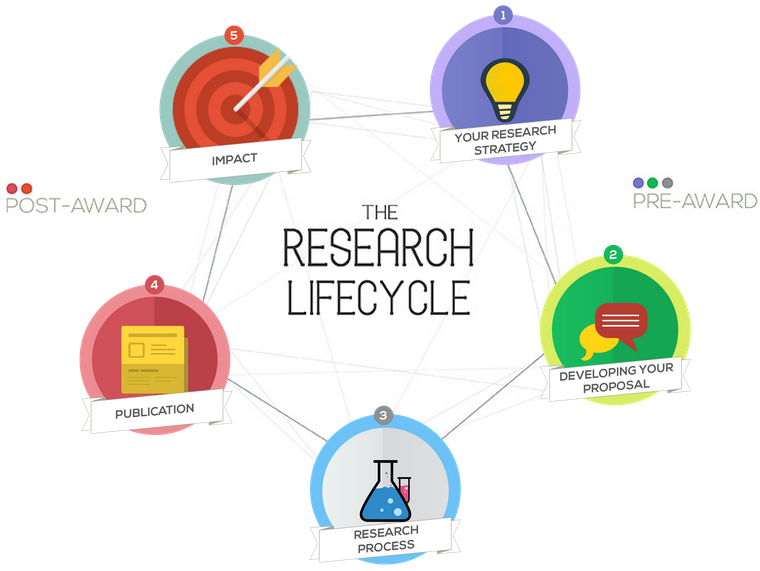 Book now for RKEDF development in October 2024!
Book now for RKEDF development in October 2024!
Click on the titles to find further details and book your place!!!!
Wednesday Oct 1st, 14:00 – 15:00 – Fusion Building, Talbot Campus
Everything you wanted to know about being an ECR (but were afraid to ask). It is open to all who identify as being in the early stages of their research career – whether a Postgraduate Researcher, newly-appointed academic, or returning to research.
RDS Researcher & Academic Induction
Wednesday, Oct 18th, 10:00 – 11:00 – online, MS Teams
An overview of all the practical information staff need to begin developing their research plans at BU and support available through RDS
Wednesday, Oct 30th, 13:00 – 14:00 – Fusion Building, Talbot Campus
This session is aimed at ECRs & PGRs who are new to or who have experience of academic publishing and wish to find out more.
——————————————————————————————
Please help us in avoiding any waste of resources; make sure you can attend or cancel your booking prior to the session.
For any further information, please contact RKEDF@bournemouth.ac.uk














 Missing Persons Indicator Project Recruitment
Missing Persons Indicator Project Recruitment Celebrating our Research: Postgraduate Research Showcase 2026
Celebrating our Research: Postgraduate Research Showcase 2026 Nursing Research REF Impact in Nepal
Nursing Research REF Impact in Nepal Fourth INRC Symposium: From Clinical Applications to Neuro-Inspired Computation
Fourth INRC Symposium: From Clinical Applications to Neuro-Inspired Computation ESRC Festival of Social Science 2025 – Reflecting back and looking ahead to 2026
ESRC Festival of Social Science 2025 – Reflecting back and looking ahead to 2026 3C Event: Research Culture, Community & Cookies – Tuesday 13 January 10-11am
3C Event: Research Culture, Community & Cookies – Tuesday 13 January 10-11am ECR Funding Open Call: Research Culture & Community Grant – Application Deadline Friday 12 December
ECR Funding Open Call: Research Culture & Community Grant – Application Deadline Friday 12 December MSCA Postdoctoral Fellowships 2025 Call
MSCA Postdoctoral Fellowships 2025 Call ERC Advanced Grant 2025 Webinar
ERC Advanced Grant 2025 Webinar Horizon Europe Work Programme 2025 Published
Horizon Europe Work Programme 2025 Published Update on UKRO services
Update on UKRO services European research project exploring use of ‘virtual twins’ to better manage metabolic associated fatty liver disease
European research project exploring use of ‘virtual twins’ to better manage metabolic associated fatty liver disease